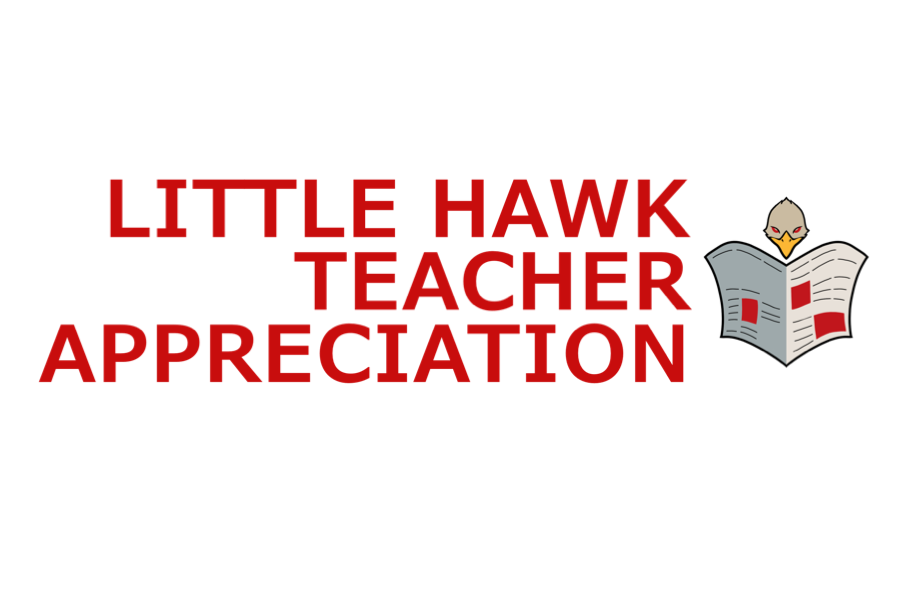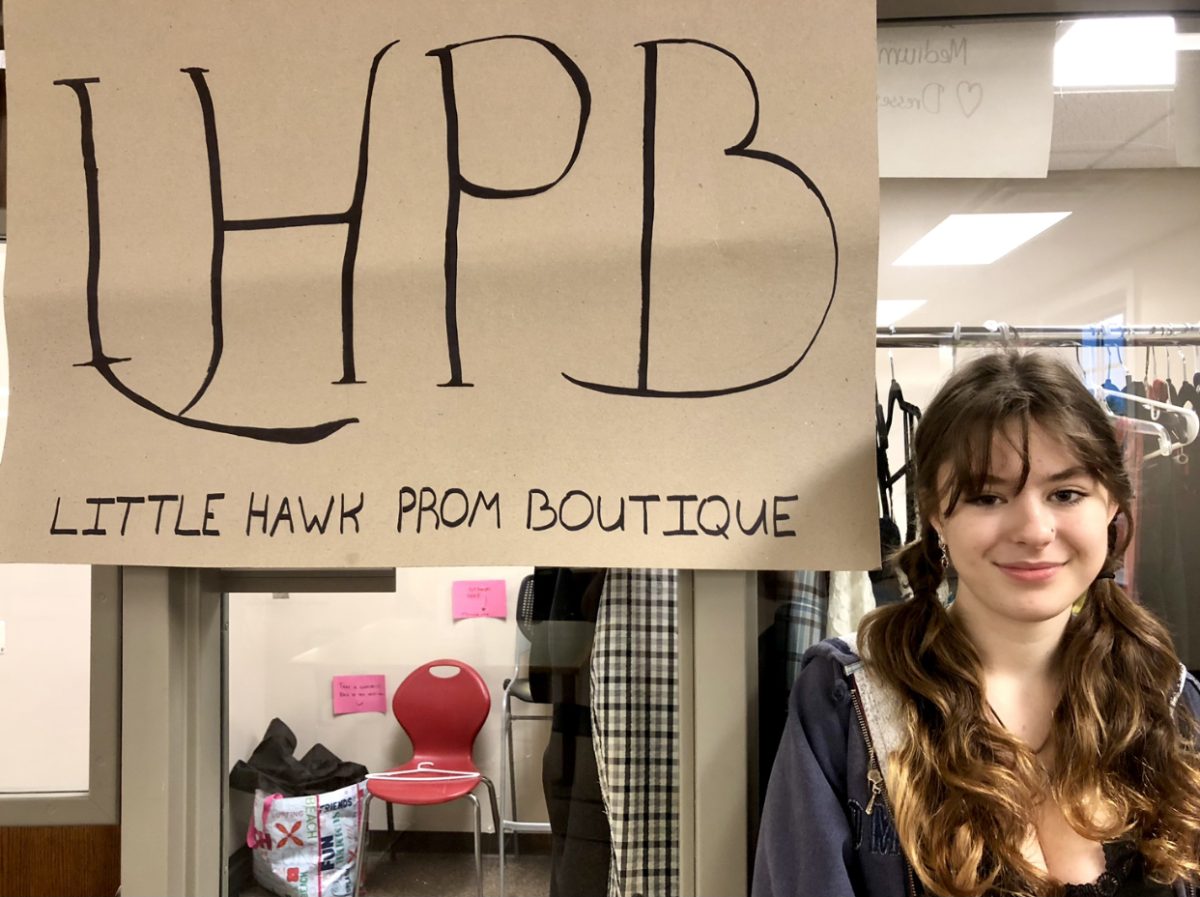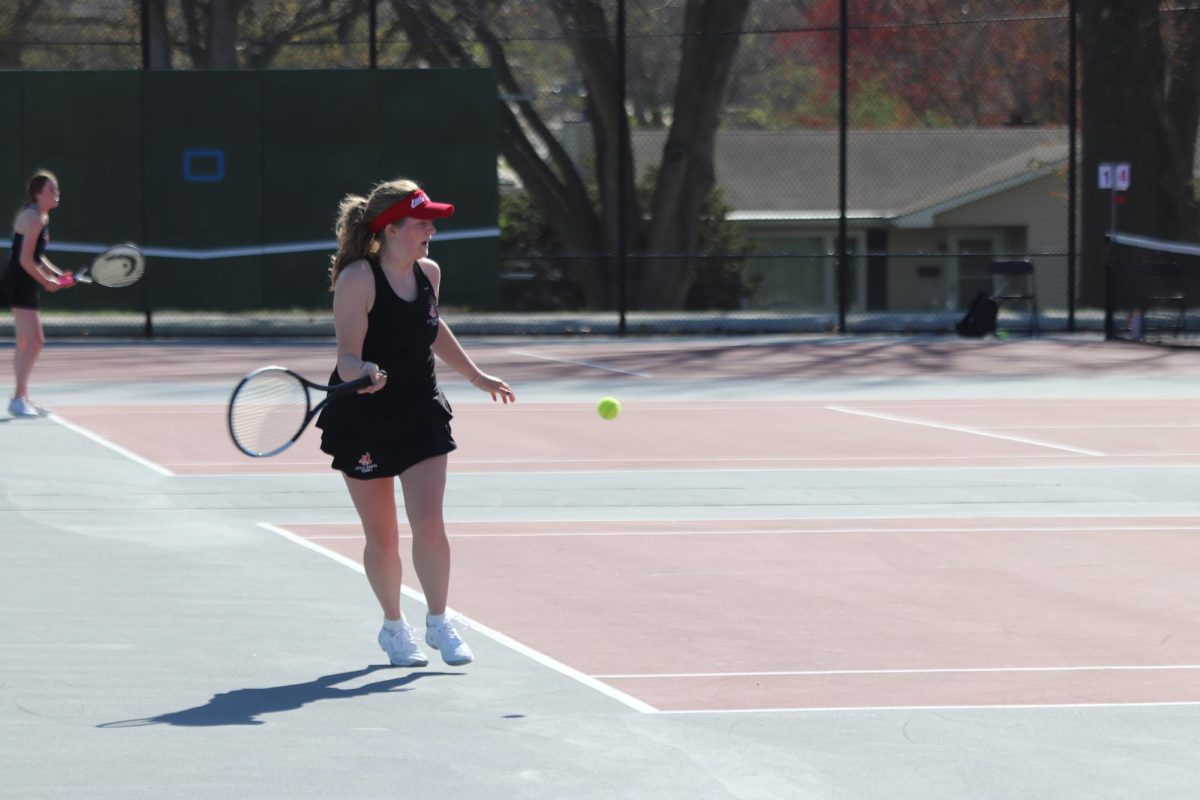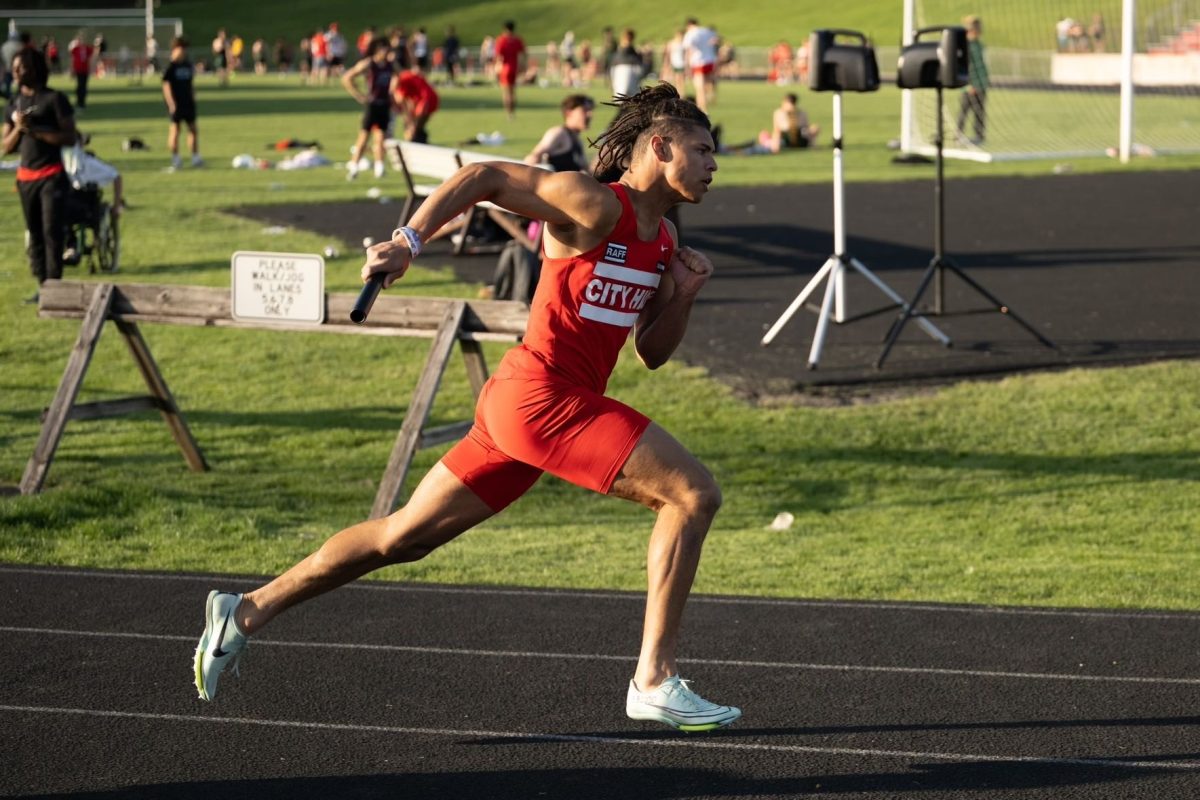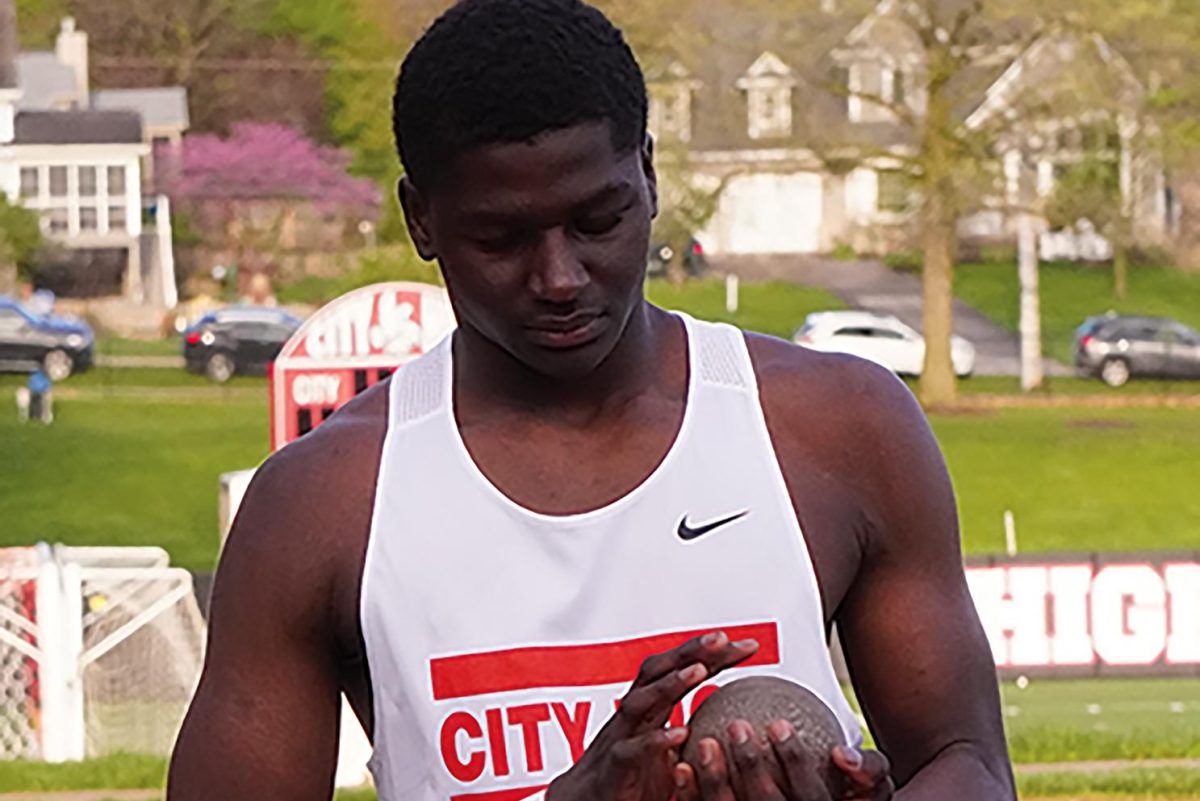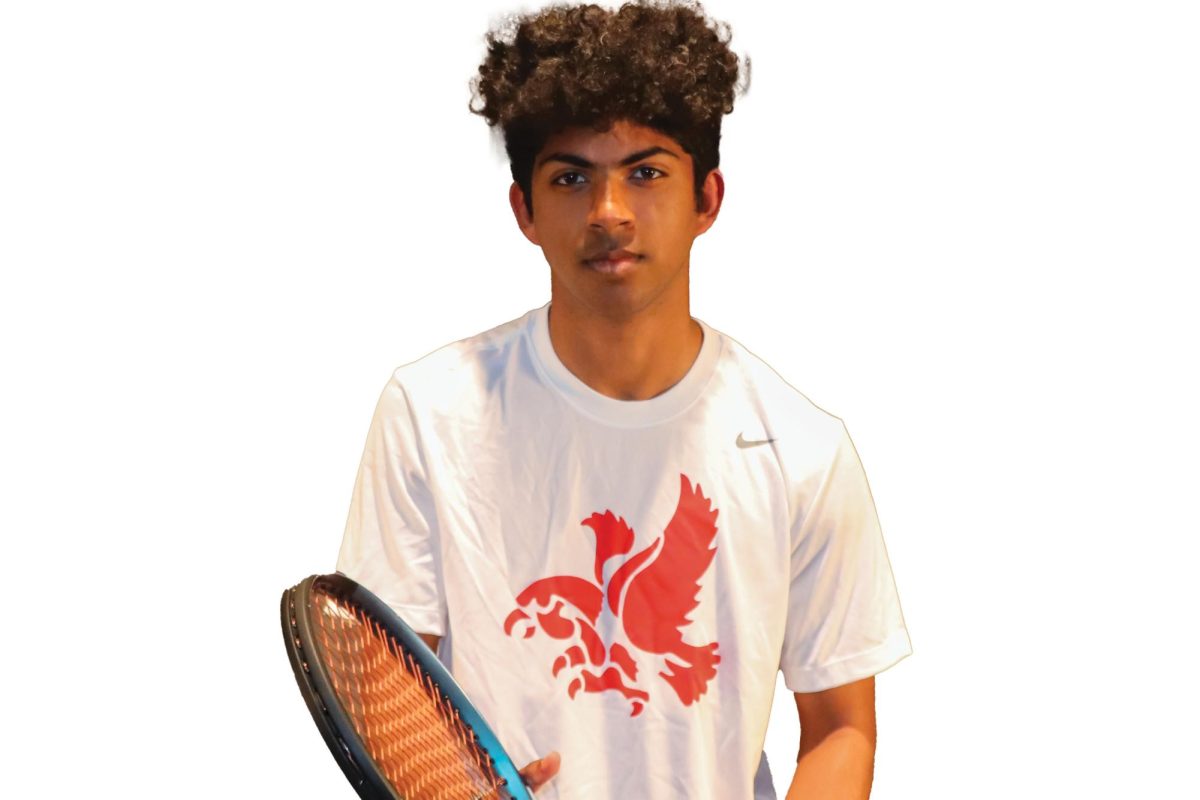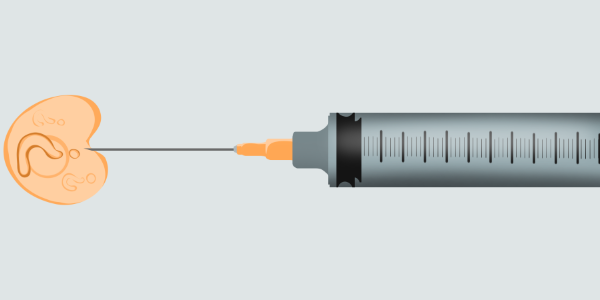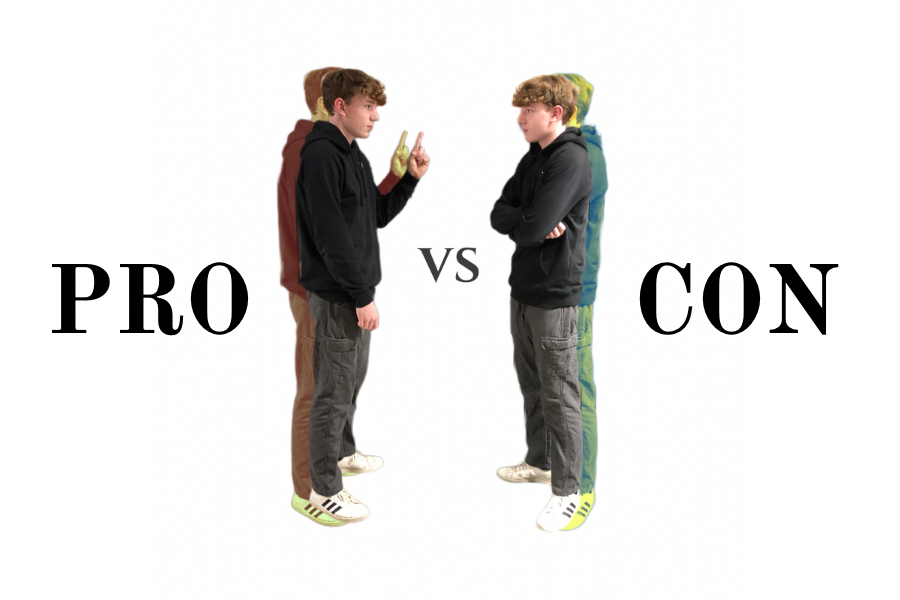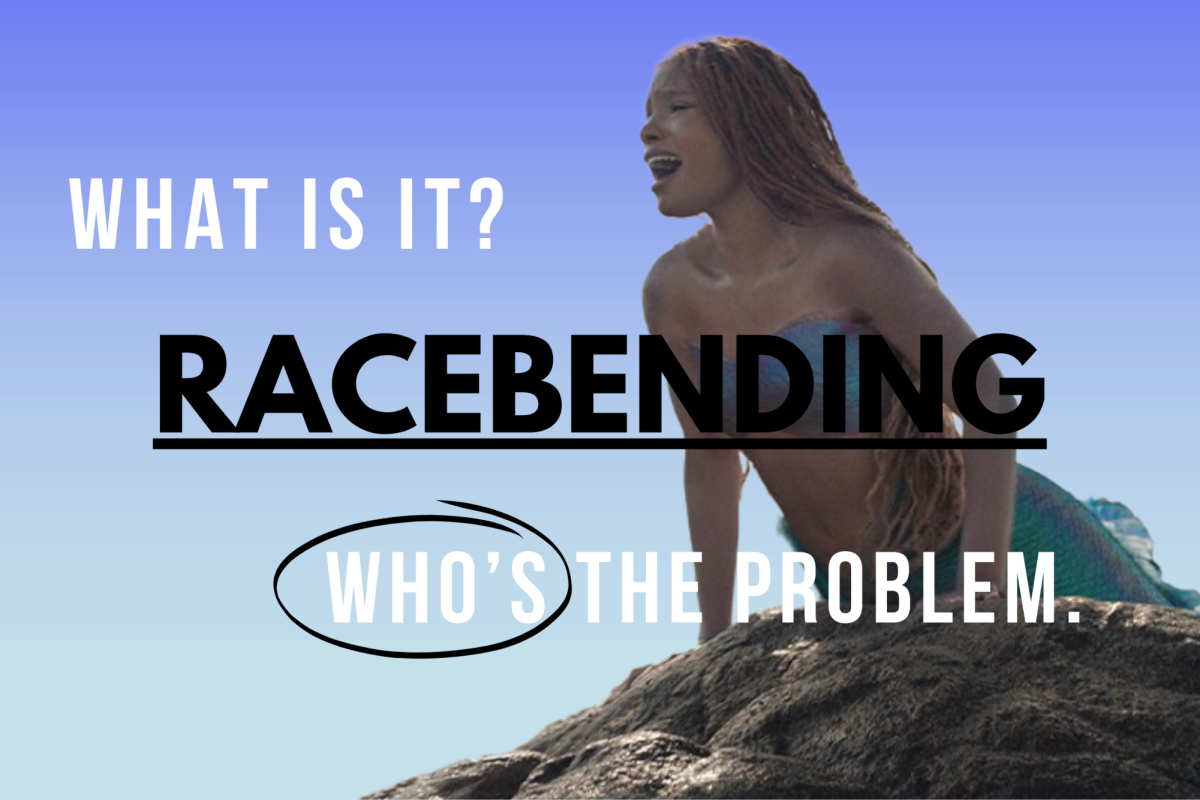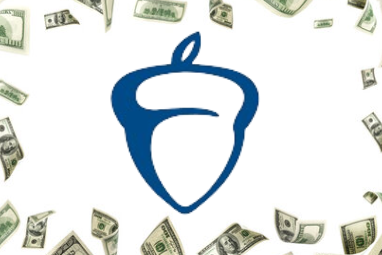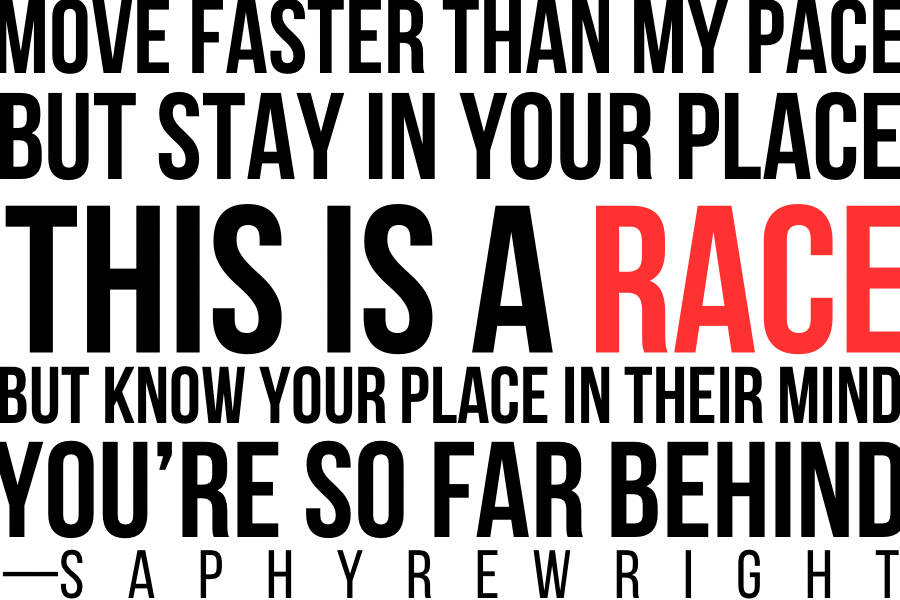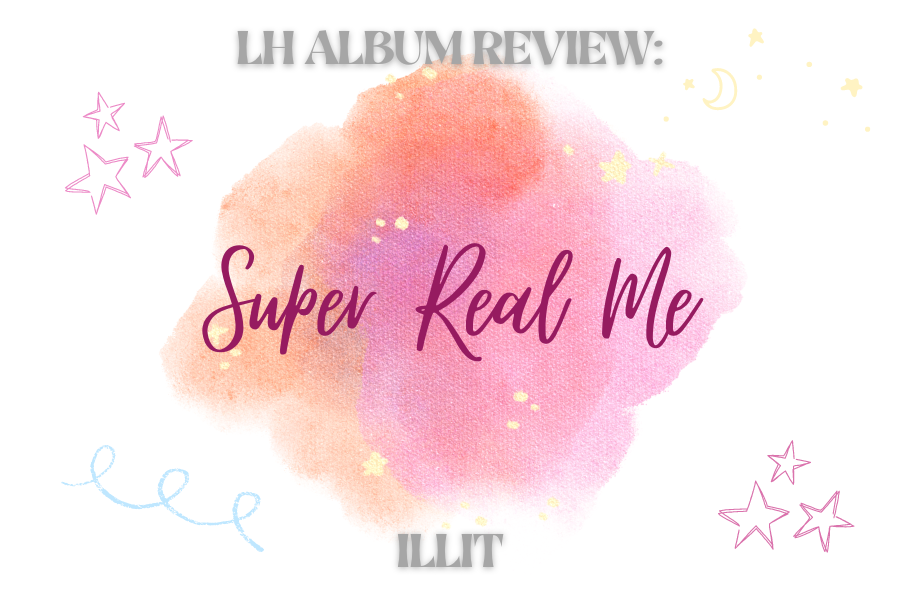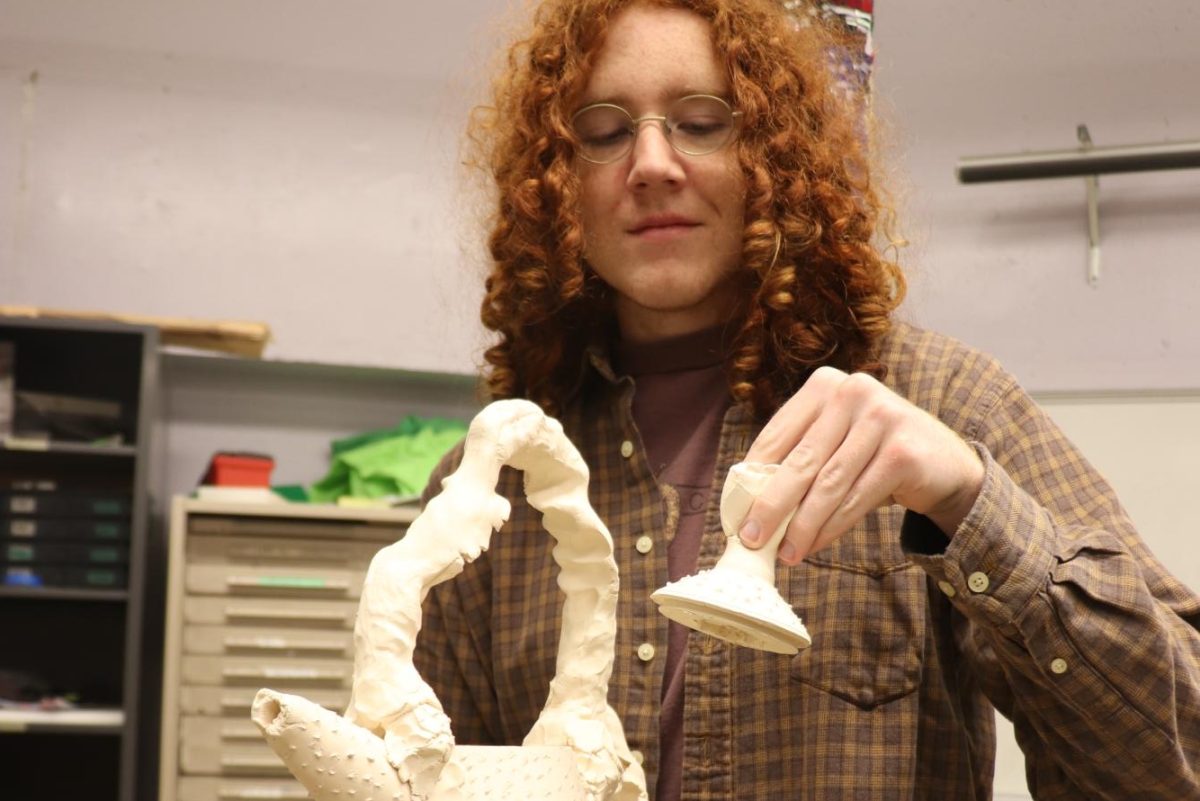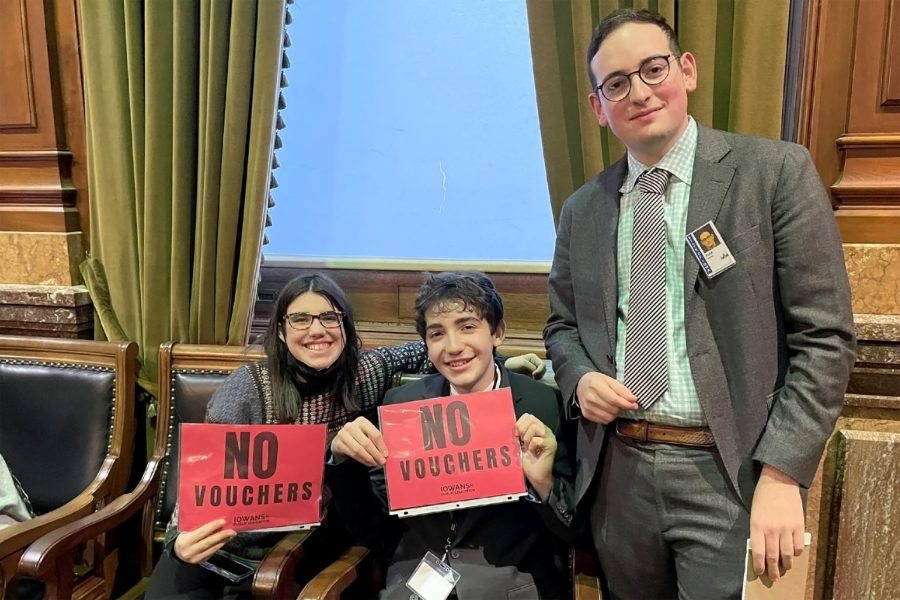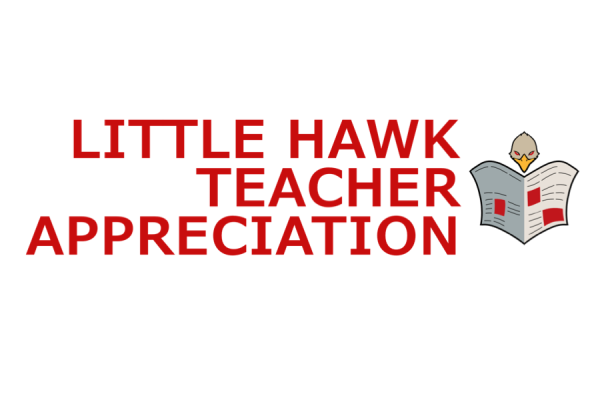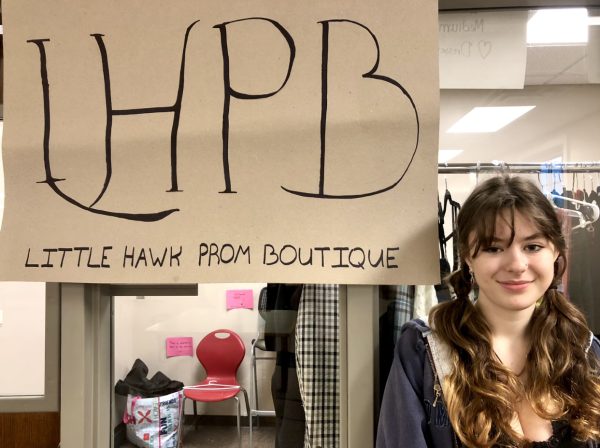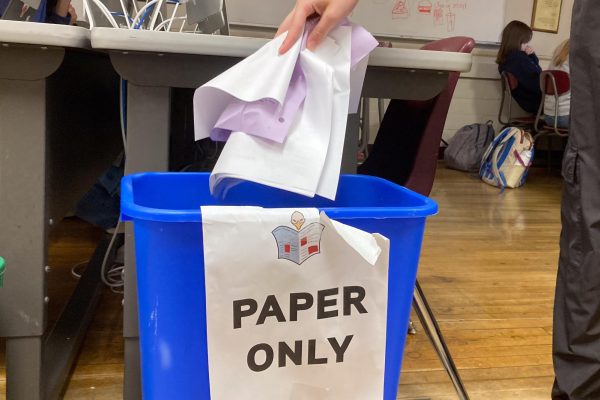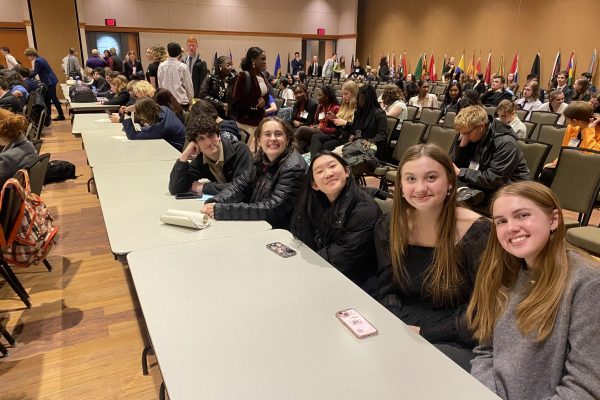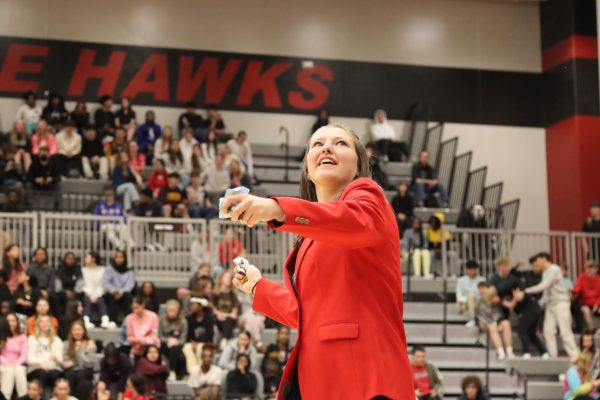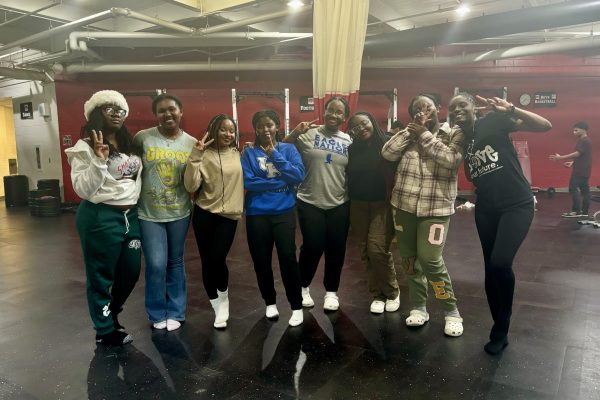Voucher Bill Passed with Protests and Criticism from City Students and Staff
City Alumni and state representative Adam Zabner poses with Matisse Arnone ’23 and Lulu Roarick ’24 after protesting the voucher bill.
January 25, 2023
Iowa Governor Kim Reynolds signed the Students First Act on January 24, a plan that will establish and carry out a private school voucher program in Iowa.
The Educational Saving Account (ESA) program would make every public school student eligible to receive $7,598 from the State of Iowa to be used for tuition and expenses for private schools, not discounting religious schools. The funds would be limited to low-income private school families for the first two years, but will be applicable to any Iowa student in the third year.
The Students First Act was introduced two weeks ago by Governor Reynolds. The is the third year that Reynolds has introduced a school voucher bill to the Iowa Legislature. Her first two, more modest, bills, failed. This year, the Iowa House and Senate enacted special rules that obviated vetting procedures. The bill was passed 55-45 by the Iowa House on Monday and in the Senate on Tuesday morning by a 31-18 margin.
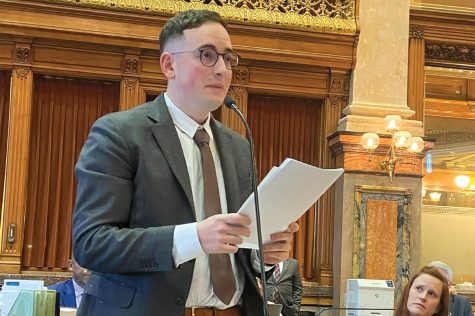
The nonpartisan Iowa Legislative Service Agency (LSA) released a fiscal note shortly before the legislative debates on the bill stating that its cost will be approximately $878 million over the first four years.
City High Principal John Bacon, in an interview before the bill was officially passed, said that the state of Iowa is at a crossroads, and that the amount of funding diverted from public education would be “crippling.” Bacon asserted that public money should not be given to private schools because private schools are not required to adhere to the same rules as public schools. For example, they are not obligated to enroll all students. They can turn down applications from students with special needs, LGBTQ+ students, or students who do not follow certain religions.
“I strongly believe that public money belongs in public schools,” Bacon said. “This is because private schools generally do not serve students with special needs. Private schools generally do not provide English language learner programs. If a private school is not serving the entire public, then it should not be provided with public money.”
Alina Borger-Germann, an English Language Arts teacher at City High, agreed with this argument.
“I have zero tolerance for the notion of public dollars going to private schools,” Borger-Germann said. “I have nothing wrong with private schools, I think all of them are doing really cool things, and families that want to opt into them are more than welcome to do so. But we decided a long time ago that public school was a public good, to make sure that every child has a free option, and every child does have a very good free option, especially in Iowa, so there’s no reason that public money should go to private schools.” I have zero tolerance for the notion of public dollars going to private schools. — Alina Borger-Germann
Bacon also brought up the importance of public education in the history of Iowa, and said he believed that public education should be Iowa’s top priority.
“In Iowa, we used to have a [different] state motto,” Bacon said. “It was ‘A Place to Grow.’ And I thought that was a beautiful motto, because it fit Iowa, obviously, in terms of our agricultural history, but also as a place to grow a family. We may not have an ocean in Iowa, we may not have mountain ranges in Iowa, we may not have professional sports teams, or major cities. But Iowa, historically, has been a leader in public education. It’s a great place to raise a family, and at the core of that is the very best public schools.” We may not have an ocean in Iowa, we may not have mountain ranges in Iowa, we may not have professional sports teams, or major cities. But Iowa, historically, has been a leader in public education. It’s a great place to raise a family, and at the core of that is the very best public schools. — John Bacon
Bacon added that he does not believe that the voucher bill provides true school choice to the vast majority of families. He described a social media post from ICCSD Superintendent Matt Degner showing a local private high school whose tuition is $18,000 per year. Degner argued in the post that, under the bill, if a family receives $7,000 a year, they would still be required to pay $11,000.
“For the overwhelming majority of families, that is not the difference-maker that makes [private school] a realistic option. Most families still are not going to be able to afford the $11,000 balance on that tuition. So for a large number of Iowa families, that’s not making private education any more accessible. It’s still real expensive. And so to me, it just feels like a giveaway to people who can already afford it.”
Mr. Bacon emphasized the fact that City High is growing each year, and that the school’s needs are increasing. A drop in government funding would have a big impact.
“Each year we are trending up in terms of our enrollment at City High. We’re about 50 students bigger this year than we were last year. Our school is growing, and I would say, the needs of our student body continue to grow as well. Our needs are not decreasing. So the thought of having to continue to do more with less resources is gravely concerning.”
Borger-Germann acknowledged that in rural communities without access to private schools, the ESA might not have much impact. However, in school districts that are still struggling from the pandemic, the Students First Act is going to have serious consequences.
“Taking away money from public schools [that are still struggling] is going to have a massive impact,” Borger-Germann said. “We’re going to see all kind of things, like bigger class sizes, fewer teachers, fewer administrators, fewer supplies, fewer electives…” Taking away money from public schools is going to have a massive impact. We’re going to see all kind of things, like bigger class sizes, fewer teachers, fewer administrators, fewer supplies, fewer electives… — Alina Borger-Germann
City High School student Philip Bloesch ‘25 said he saw the benefits of the Students First Act, because public schools already have significant funding from the state.
“For instance, City High already had that however many million-dollar expansion in the new lunch room,” Bloesch said. “And because public schools are already funded by [Iowa] City, I don’t feel like [the voucher program] is going to take a lot of money out of public schools, because I’m assuming private schools don’t get nearly as much funding directly sourced from the City as public schools do. So I think it could be a good thing. It could certainly lead to a more even spread of students throughout schools, because City High has such a large number of students compared to most schools in the area, especially compared to Regina or any other private school.”
Bloesch said that he would not consider changing to a private school, but that the new program would benefit students who wanted to have a private school education but couldn’t afford to pay tuition.
“I think it could definitely benefit other people, especially those less well-off, who can’t go to a private school but want to,” Bloesch said.


